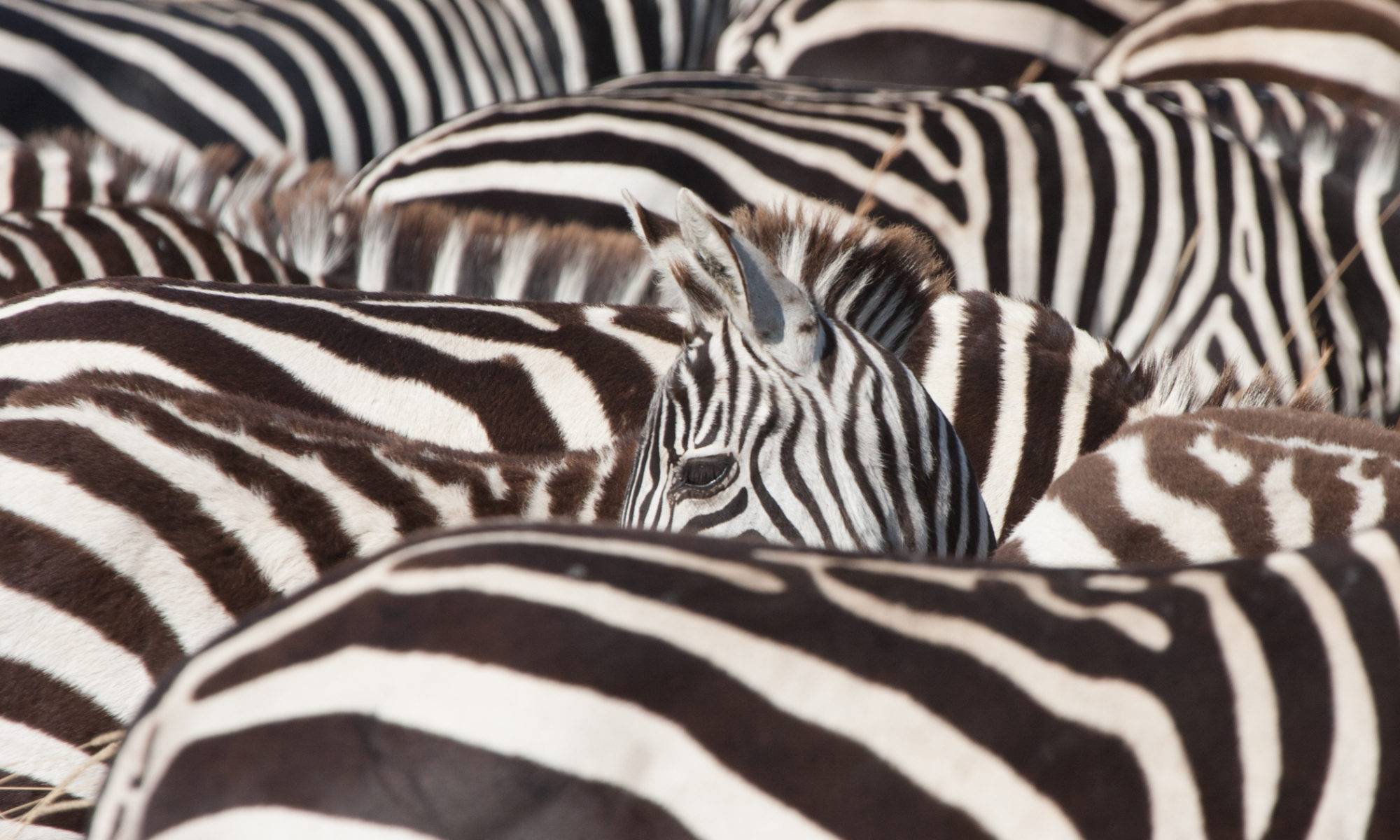Mad march hares boxing is one of the nature spectacles I have always wanted to see. In the last few years there has been some activity, normally very limited, in the field on the Downs north of us in April and May. It’s unpredictable and difficult to get near, even if you know they are around, so good photos are impossible. This year I managed to phonescope them from our bedroom window. Not the best video, but they’re fun!
Spring crawls on, and we’re adding things in small numbers. A 32 mile walk through Amberley Wild Brooks and on to Pulborough Brooks had a glorious dawn, but no Grasshopper Warblers, who probably shivering under cover, followed by nice views of Garganey, Nightingale and Garden Warbler. Butterflying on the way back was off the cards, as it was starting to rain, but we did find a Duke of Burgundy wondering where spring was.
Boxing hares: click on the picture to go to my video on OneDrive

